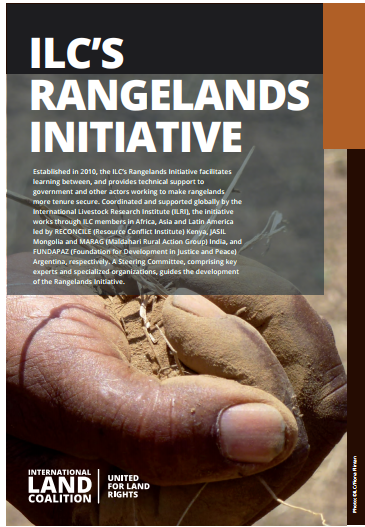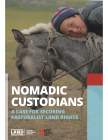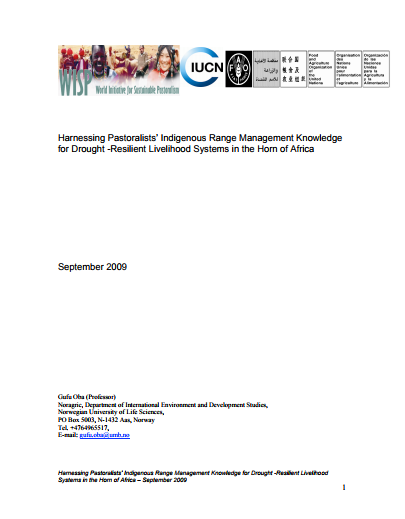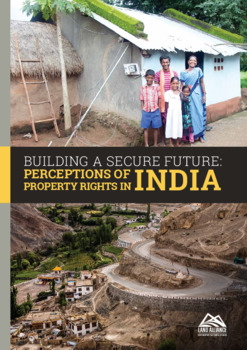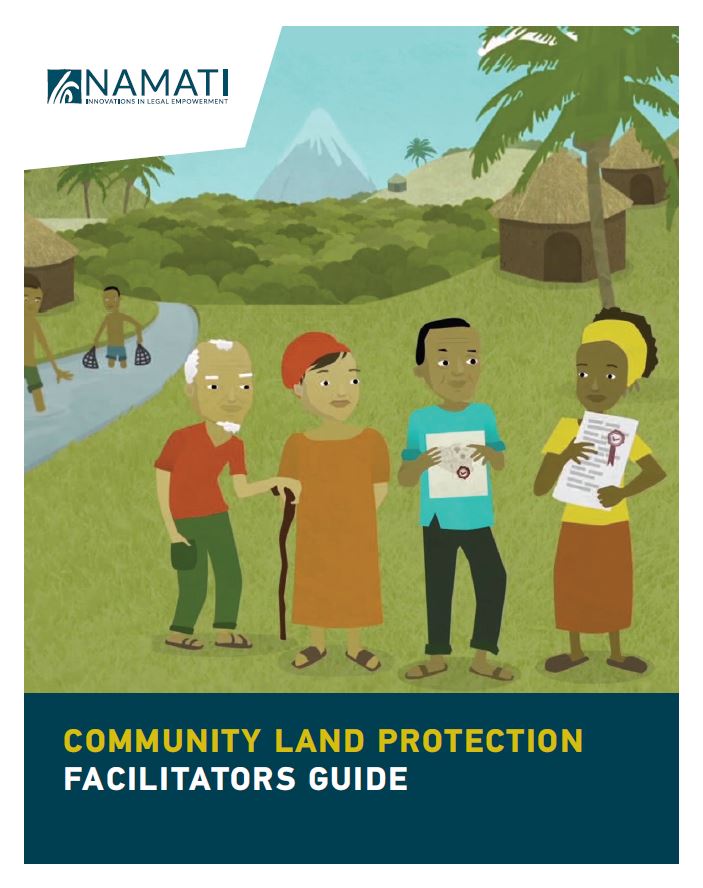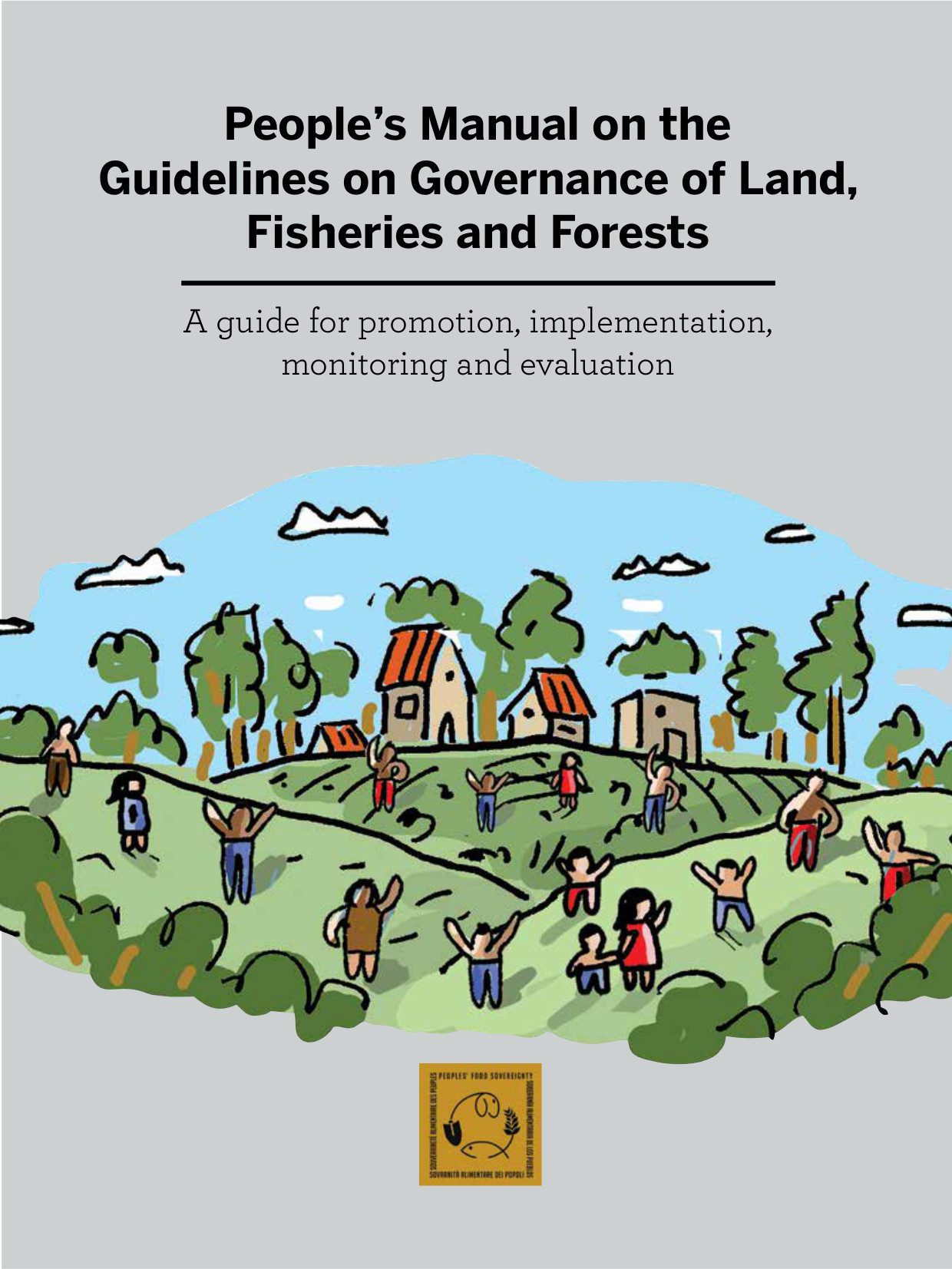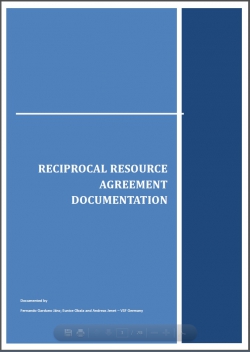LEARNING ROUTE: NAIROBI TO ARUSHA, FEBRUARY 2012
INDEX 2.0 RECENT EVENTS 3.0 PROTECTING LIVESTOCK MOBILITY ROUTES: LESSONS LEARNED 4.0 KENYA’S CONSTITUTION 2010 What will it mean for tenure security in rangelands? ‘Equal rights for women’ say Maasai elders 5.0 CAN VILLAGE LAND USE PLANNING WORK FOR RANGELANDS? 6.0 PROTECTING RIGHTS OF HUNTER-GATHERERS IN TANZANIA 7.0 OTHER NEWS FROM THE REGION Improving rangeland quality through land use planning Developing policies in Uganda 8.0 LAUNCH OF RANGELAND OBSERVATORY



